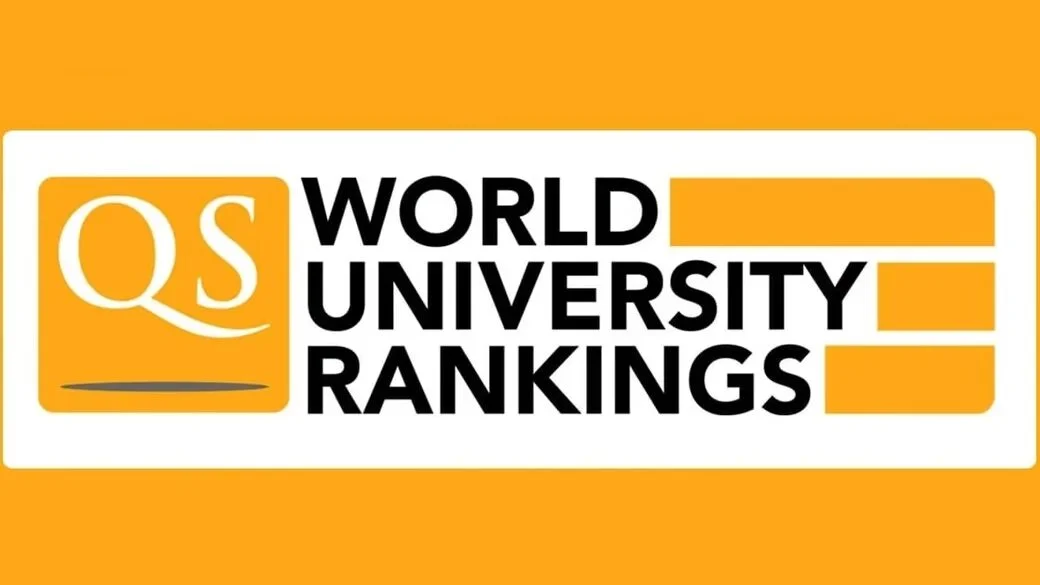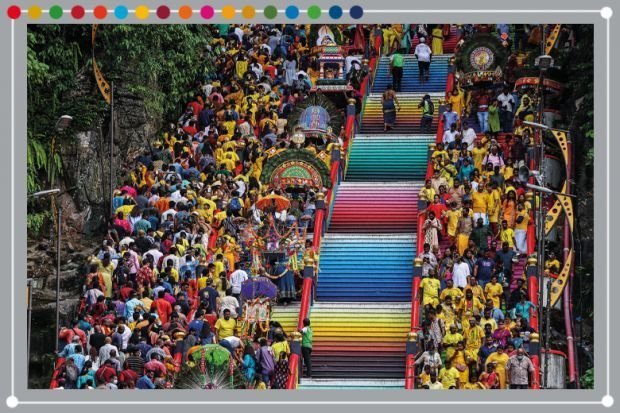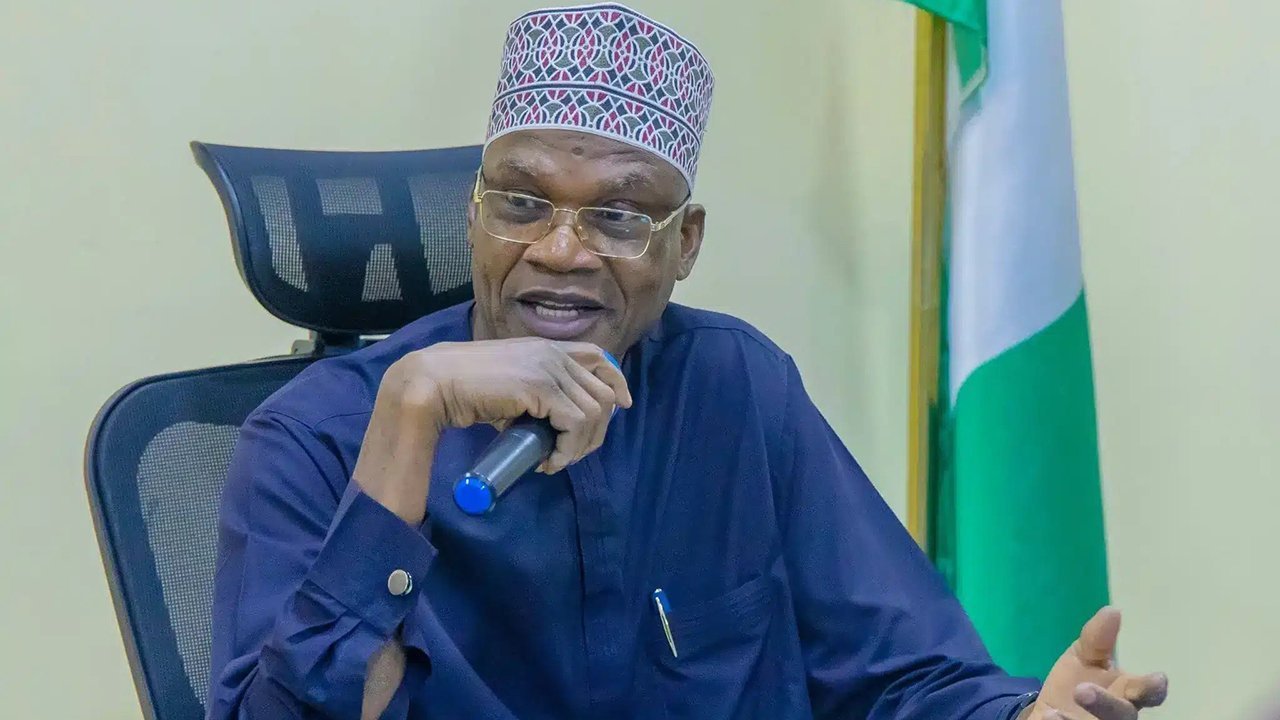Let’s get real for a second — everyone deserves a fair shot at education. But in Nigeria, not every child gets that chance. From students with disabilities to those held back by poverty, gender, or language barriers, inclusion in secondary schools has been a long-standing challenge. That’s why the Federal Government’s latest commitment to ensuring inclusive education in every secondary school across the country is a much-needed game changer.
Overview of the FG’s Inclusive Education Drive
In 2025, the Federal Ministry of Education (FME), working in partnership with UBEC, NERDC, and the National Commission for Persons with Disabilities, launched a bold new initiative. The goal? To ensure that no student is left behind — regardless of their physical abilities, gender, economic status, or cultural background.
The State of Inclusivity in Nigerian Secondary Schools
Let’s be honest — most schools aren’t built with every student in mind. Here’s what we’re up against:
-
Limited wheelchair access and no sign language interpreters
-
Curriculum delivery that doesn’t cater to different learning needs
-
Cultural norms that favor boys over girls, especially in rural areas
Core Objectives of the New FG Inclusive Education Policy
The policy is built on three major pillars:
-
Access – Ensuring every child can attend school, no matter their condition
-
Equity – Providing support so that every student thrives equally
-
Empowerment – Building confidence and skills in all learners
What Inclusive Education Looks Like
Imagine a classroom where:
-
A visually impaired student uses a Braille tablet
-
Girls are encouraged to pursue science just like boys
-
Students from different groups learn together in harmony
That’s the vision.
Infrastructure Upgrades for Accessibility
Here’s how schools are being redesigned:
-
Wheelchair ramps at all entry points
-
Braille boards and large print signs
-
Accessible restrooms and handrails
-
Classroom acoustics adjusted for hearing-impaired learners
Training Educators for Inclusive Classrooms
Teachers can’t teach what they don’t know. That’s why the government is rolling out:
-
Special Education Training modules
-
Workshops on adaptive teaching methods
-
Certifications in inclusive classroom management
Digital Tools for Learning Support
It’s 2025 — we’ve got the tech. Now we’re using it for good:
-
Screen readers and voice-activated software for blind students
-
Captioned video lessons for the hearing-impaired
-
Multi-language audio textbooks for minority communities
Curriculum Reform for Inclusivity
New subjects and inclusive teaching techniques include:
-
Social and Emotional Learning (SEL)
-
Functional academics for learners with cognitive disabilities
-
Flexible grading systems that measure progress, not just scores
Partnerships with NGOs and Development Bodies
Groups like UNICEF Nigeria and Sightsavers are all in. Their contributions include:
-
School kits for functional needs learners
-
Funding for inclusive classroom construction
-
Policy drafting and teacher mentorship
Pilot States and Program Testing Grounds
Rollouts have started in Lagos, Kano, Akwa Ibom, and Enugu with:
-
40 upgraded schools
-
Over 5,000 inclusive teachers trained
-
Community engagement programs launched
Community Involvement in Inclusive Education
Education starts at home, and inclusion works best when communities are involved. That’s why parents are:
-
Attending sensitization workshops
-
Helping track student attendance
-
Supporting PTA-inclusive policy frameworks
Addressing Societal Barriers
The program takes a stand against exclusion by:
-
Running anti-stigma campaigns
-
Involving faith leaders to promote inclusivity
-
Collaborating with traditional rulers to encourage local buy-in
Monitoring and Evaluation Framework
To keep things transparent, the FG has introduced:
-
Real-time dashboards for school inclusivity data
-
Monthly progress reviews
-
Annual Inclusive Education Index per state
Voices from the Ground
-
Ms. Zainab, Special Ed Teacher in Kaduna: “Now I feel equipped to reach every child.”
-
Adamu, a deaf student in SS1: “With captioned video lessons, I don’t feel left out anymore.”
-
Mrs. Oluchi, a parent: “For once, my child with autism is being seen and heard.”
Challenges and Risk Factors
Sure, it’s not going to be a smooth ride. Here are some bumps on the road:
-
Shortage of functional needs professionals
-
Vandalism of school equipment
-
Cultural resistance in ultra-conservative areas
Conclusion
Let’s face it — education can’t be called ‘basic’ if it isn’t inclusive. The Federal Government’s new commitment is more than policy; it’s a statement of hope. If every student, regardless of ability or background, gets the support they need to thrive, Nigeria’s future will be built on a solid, inclusive foundation.
FAQs
1. What is inclusive education?
Inclusive education ensures that all students, regardless of ability or background, learn together in the same environment with appropriate support.
2. Will every school have functional needs resources?
Yes. The policy mandates every government secondary school to integrate inclusive facilities by 2027.
3. Who is responsible for implementing the policy?
The FME, in collaboration with UBEC, state ministries of education, and certified NGOs.
4. Can private schools participate in the program?
Yes, especially low-cost schools that meet the inclusion criteria and training requirements.
5. Where can I get more info?
Visit education.gov.ng or the National Commission for Persons with Disabilities for updates and resources.



